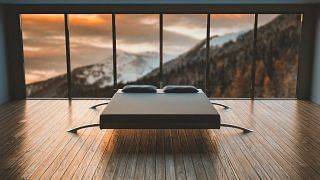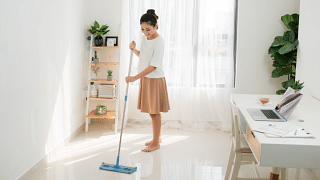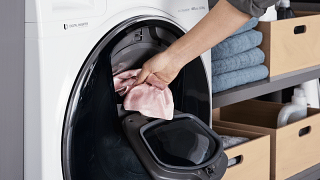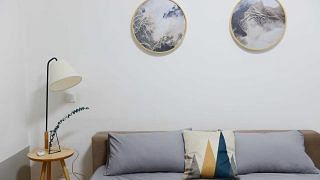
Your hotel room could be basic or luxurious, but the key question remains: how can you get a good night’s sleep? David Else, who has been travelling the world and writing guidebooks for Lonely Planet since the 1980s, provides some valuable advice.
Check in, check the room
As soon as you arrive at the hotel, investigate your room like a detective. Check the bed to ensure it’s comfortable. Don’t lay on top of the bed; get right in under the covers, to emulate sleep conditions. Use your ears: can you hear the lift? Use your eyes: is there a janitor’s store or an ice machine nearby, meaning you might be woken in the middle of the night by the sound of rattling mops or tumbling ice cubes?
Also check the position of your room in the hotel. It’s best to be a few floors above restaurants and function rooms, so late night revelries don’t disturb your sleep. Usually, the higher the better, and you escape some city noise as well, but if there’s a rooftop bar, you don’t want to be underneath it.
Move fast
If the bed is uncomfortable, or the room is noisy, request a different room as soon as possible. The earlier you ask, the better your chances of success. In the afternoon, reception clerks are less pressured, and there may be unoccupied rooms available. By the evening, the staff will be busy, and the hotel may be full.
Admire the view
Windows overlooking a busy street or market may be appealing, especially in exotic locations, but the sound of car horns and shouting traders isn’t conducive to a good night’s sleep. To avoid disturbance, ask for a room at the back of the hotel. Having said that, make sure your room doesn’t overlook the trash bins or a service entrance where trucks deliver breakfast ingredients at 4am. Every hotel is different, which is why it pays to do a little investigation as soon as you arrive.
Stay cool
Before you bed down for the night, adjust the room temperature. Heat can disturb sleep, so go for the coolest setting you find comfortable. This may mean cranking up the air-conditioning, or simply opening a window, if you can. Pack a merino wool or silk T-shirt to double as pyjamas and keep you cosy under the sheets even if the room is chilly.
Keep it moist
Aircon is great for keeping rooms cool, but it can dry the air, causing nose and throat irritation, which will keep you awake. To soothe your sinuses, an old trick is to fill the bath with hot water and let the steam circulate into the bedroom. This technique is not especially environmentally friendly, though, so reduce waste by getting in the bath first. It’ll relax your mind and muscles to further ensure good sleep.
Cut the lights
To sleep well you need darkness, especially if your body clock failed to cope with crossing time zones. Make sure your room has blackout curtains. If it hasn’t, be prepared to innovate: hang a towel or blanket over the window. Canny travellers carry a few clothes pegs expressly for this purpose. If that doesn’t work, use an eye mask.
Cut unwanted noise as well. Use earplugs, or noise-cancelling earphones. Alternatively, play relaxing sounds on your smartphone. Numerous apps are available featuring wind chimes, forest sounds or just synthetic white noise.
Go easy on the treats
By all means, sample the minibar. A single glass of wine can help you relax. But remember alcohol is also a stimulant, so too many drinks before bedtime won’t help you nod off.
Limit screen time
Lying in bed watching a movie may feel restful, but exposing your optic nerves to flashing lights has the opposite effect. Thrillers or horror flicks will push up your heart rate too. So, if you’re suffering from jet lag and awake in the middle of the night, don’t watch TV, however soporific it may seem. Read a book, and sleep will soon come.
Written by Nicole Iseard for Silverkris













